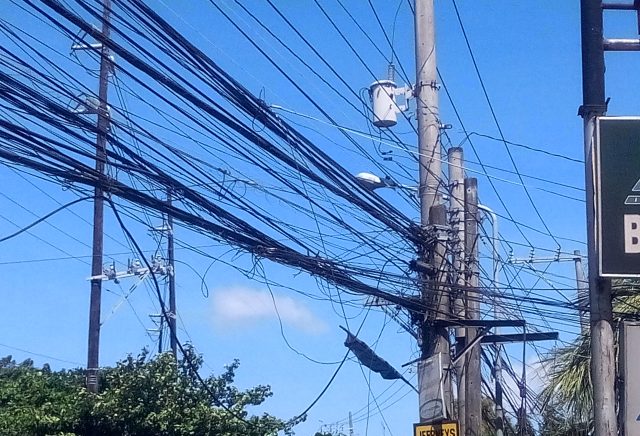It is a common sight in the Philippines to see structures, installations, and equipment not compliant with normal engineering standards. Filipino Engineers should be vigilant that safety in design and implementation are religiously observed in every aspect of projects to protect personnel, property, and particularly the public.
In project delivery, several factors need to be considered. Some of the more important factors are Safety, Functional Requirements, Economy, Delivery Schedule, and Sustainability.
Safety shall be the primary factor affecting any design. Safe design is achieved by integrating hazard identification and risk assessment in the early phase of the design to minimize, if not eliminate the risk of injury.
The safe design ensures the safety and well-being of the project personnel, the public, and the environment are considered throughout the life cycle of the project.
In addition to functional requirements, legislations require designers to take responsibility for the safety of their products within their influence or control.
Eliminating hazards during the design process results in many benefits such as:
- Prevention of injury
- Improved useability
- Improved productivity
- Reduced costs
- Compliance with legislation
- Better prediction and management of production and operational costs over the lifecycle of the project.
Compliance shall be in the following order
- Acts / Laws
- Regulations
- Codes of Practice
- Standards
- Industry Standards
